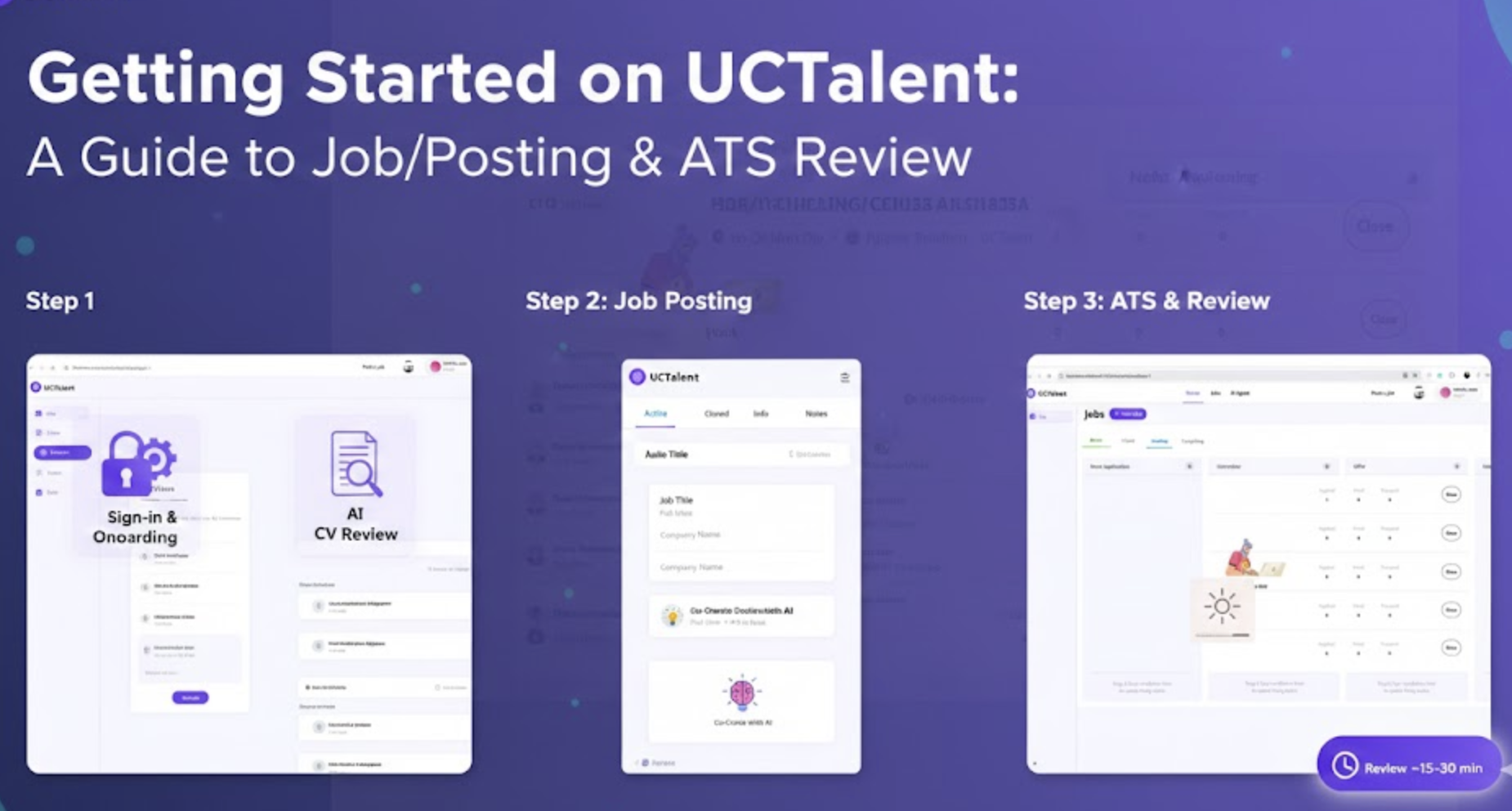Founder vs Corporate Leader: Unpacking the Key Differences in Vision, Risk, and Leadership
In today’s fast-evolving business landscape, the terms "founder" and "corporate leader" are often used interchangeably. However, while both roles involve guiding an organization toward success, the mindset, responsibilities, and leadership styles of a founder and a corporate leader differ significantly. Whether you're launching a startup like UCTalent, a revolutionary Web3 talent platform, or leading a well-established corporation, understanding these differences is crucial for long-term success and growth.
1. Visionary vs. Managerial Approach
One of the most significant differences between a founder and a corporate leader lies in their vision. A founder is often a visionary. They are the individuals who see opportunities where others don’t and create a business from the ground up. The founder’s primary role is to bring their vision to life and build a product or service that meets a need. Founders are often dreamers and risk-takers. They possess the passion and commitment to drive the company forward, particularly in its early stages, where uncertainty is high, and resources are scarce.
On the other hand, a corporate leader is typically brought in to manage and grow an existing organization. Their primary role is to execute and refine the founder's vision, implement strategies, and ensure the company is running smoothly. Corporate leaders focus on scaling the business, optimizing operational efficiency, and managing large teams. They are more concerned with maintaining stability and ensuring consistent growth, often through established processes and frameworks.

2. Risk Tolerance and Decision-Making
Founders are notorious for their high risk tolerance. They often invest their time, resources, and personal savings into their venture with the understanding that failure is a possibility. Founders must make decisions in uncertain environments and thrive on ambiguity. This approach fosters innovation, particularly in industries like Web3 and blockchain, where new technologies like UCTalent are creating groundbreaking solutions.
In contrast, corporate leaders tend to be more risk-averse. They prioritize calculated risks based on data, historical performance, and established best practices. In corporate environments, decision-making often involves multiple stakeholders, board members, and executives. This slower, more methodical process is aimed at protecting the business’s long-term stability and reducing the chances of failure.
3. Personal Stake vs. Professional Responsibility
For a founder, the business is their personal project. They often feel deeply attached to the success or failure of their company. Their personal reputation, finances, and sense of identity are closely tied to the organization. As a result, founders are highly motivated to see the business succeed, sometimes at the cost of their own well-being or personal life.
In contrast, a corporate leader typically approaches their role as a professional responsibility. While they may be passionate about the company they lead, their relationship with the business is usually more transactional. Corporate leaders often focus on fulfilling the goals and expectations set by shareholders or a board of directors. While they may be incentivized through bonuses or stock options, their personal financial and emotional investment is generally lower than that of a founder.

4. Leadership Style: Flexibility vs. Structure
A founder's leadership style is often more flexible and dynamic. Since they are responsible for building the company from scratch, they tend to be involved in every aspect of the business—from product development to sales to marketing. Founders often lead by example, working long hours, and being hands-on in problem-solving. This leadership style is particularly effective in the early stages of a business when teams are small, and decisions need to be made quickly.
Corporate leaders, on the other hand, are more likely to have a structured leadership approach. With larger teams and more established processes, they focus on delegation, team management, and strategic oversight. Corporate leaders work through a well-organized hierarchy and tend to rely on their managers and departments to execute tasks. While they may not be involved in the day-to-day details, they are responsible for setting long-term goals and ensuring the company remains aligned with its vision.
5. Adaptability in a Changing Market
Startups, particularly in emerging industries like blockchain and AI, must pivot quickly to adapt to new challenges. Founders are often the driving force behind these pivots, using their entrepreneurial mindset to identify new opportunities or change the company’s direction. Their ability to pivot quickly can make or break a startup in its early stages.
Corporate leaders, in contrast, often operate in more established markets where change happens more gradually. As a result, their approach to market shifts is more methodical. They rely on data and market research to inform their decisions and may take longer to adapt. This can be beneficial in avoiding rash decisions but can also make corporations less agile in responding to disruptive innovations.

6. Innovation vs. Optimization
Founders are inherently innovators. They are driven by a desire to create something new, whether it’s a groundbreaking technology like UCTalent’s Web3 platform or a new way of solving a problem. Founders thrive on creating and experimenting, even if it means breaking away from traditional methods.
Corporate leaders, by contrast, are more focused on optimization. They aim to maximize efficiency, increase profitability, and ensure that the company’s processes run smoothly. While they may also drive innovation, their focus is often on refining existing systems rather than creating entirely new ones.
Conclusion: Two Sides of the Same Coin
While founders and corporate leaders differ in many ways, both play critical roles in the success of a company. Founders bring the passion, innovation, and risk-taking needed to launch a business, while corporate leaders provide the structure, stability, and strategic insight required to scale and grow it. Understanding these differences is crucial for organizations at all stages, particularly in fast-moving industries like Web3 and blockchain, where both visionary founders and skilled corporate leaders are essential for long-term success.
Whether you are a founder looking to grow your business or a corporate leader aiming to optimize performance, both roles are integral to building a sustainable, successful company. The key is understanding when to rely on the visionary mindset of a founder and when to lean on the managerial expertise of a corporate leader.
If you want to learn more about the differences between positions, check out the following articles.
- Connecting Blockchain Managers and Specialists with Top Web3 Opportunities: Revolutionizing Recruitment with UCTalent
- Specialist or Manager: Which Career Path Fits Your Personality?
- Freelance vs Full-Time: Weighing the Pros and Cons of Each Career Path
Visit UCTalent.io to explore these topics and discover exciting job openings that match your skills. Start your career journey with UCTalent today!







.png)




